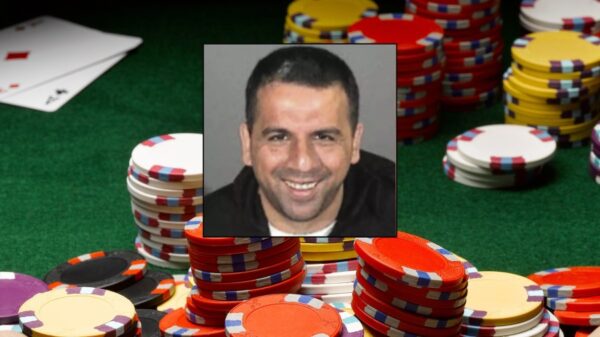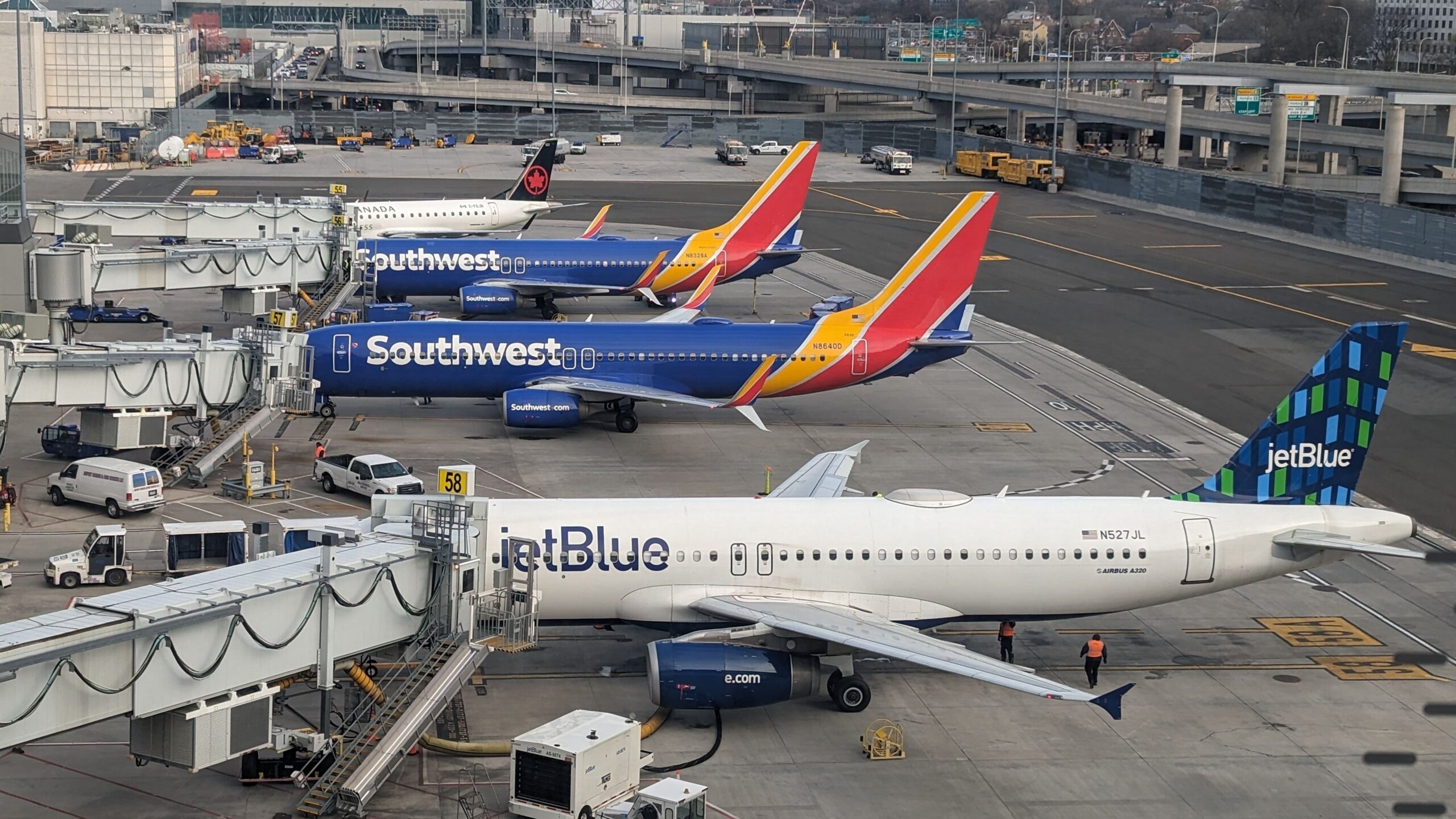The United States government has announced plans to withdraw a proposal that would have required airlines to compensate passengers for long delays. This decision, confirmed by the United States Department of Transportation, signals a shift in policy under the new administration led by President Donald Trump. The proposal, originally introduced during the final months of the Biden administration, aimed to align U.S. airline regulations more closely with the European Union’s compensation model.
Withdrawal of Proposed Compensation Scheme
The Department of Transportation posted a document stating that it intends to “withdraw the Advanced Notice of Proposed Rulemaking” that would have mandated compensation for passengers facing delays of three hours or more. If implemented, the proposal would have entitled affected passengers to financial compensation ranging from $200 to $775, depending on the length of the delay. This initiative was designed to provide additional support to travelers, including meals, rebooking options, and accommodation when flights were delayed due to circumstances within the airlines’ control.
According to AP News, the Trump administration is actively working to eliminate what it considers unnecessary regulations from the previous administration. Trade groups representing U.S. airlines, including Airlines for America, welcomed the withdrawal. The organization’s statement emphasized the need to review regulations that “exceed [the Department’s] authority and don’t solve issues important to our customers.”
Concerns Over Incentives to Cancel Flights
The proposal, which emerged in May 2023, was designed to introduce a compensation scheme similar to the EU261 regulations, which hold airlines accountable for delays. However, major U.S. airlines expressed concerns that such compensation requirements could lead to unintended consequences, including a potential increase in flight cancellations. Spirit Airlines articulated these fears, arguing that the financial burden of compensating passengers could create a “perverse incentive” to cancel flights preemptively.
The proposed scheme would have classified delays into various categories based on duration. Passengers experiencing delays lasting between three to six hours would have received between $200 and $300, while those waiting six to nine hours could have been compensated $375 to $525. For delays exceeding nine hours, compensation would have reached $750 to $775.
In contrast to the U.S. approach, the EU261 framework offers more standardized compensation for passengers facing delays. Under this system, passengers on flights delayed by two hours for shorter distances or three hours for longer flights are entitled to compensation, which can range from €250 to €600 (approximately $292 to $701) depending on the distance traveled.
As the U.S. continues to grapple with the complexities of airline regulations, the withdrawal of this compensation proposal highlights a significant policy shift. While U.S. airline passengers are entitled to assistance through customer service in the event of flight disruptions, the absence of stringent federal regulations means that passengers often have to advocate for themselves.
With the Trump administration’s current focus on deregulation, future proposals aimed at enhancing passenger rights may face similar scrutiny and potential withdrawal. This development underscores the ongoing debate surrounding airline accountability and the need for comprehensive support for air travelers.




































































